
When the fastest-growing omnichannel and hyperlocal meat brand in the country launches a campaign titled ‘Right To Good Meat’, the message is loud and clear. Consumers have the right to know everything about the meat they eat - How is it raised? Where is it processed? What are the hygiene standards?
“Meat is a passionate and a more considered purchase than other staples, which you can buy from any store. For a category like meat, it’s important that trust is built by seeing the product before purchase,” says Narendra Pasuparthy, Founder and CEO, Nandu’s.
As part of the Nanda Group, a 60-year-old poultry business that has revolutionised the industry in India, Nandu’s was launched in 2016 with the aim of bringing their own produce directly to the consumer with 100% traceability and transparency. The ‘Right To Good Meat’ campaign takes forward the brand’s motto.
“With Nandu’s, it was never about following trends, but forging our own path. Given that meat buying has been one of the most underserved retail experiences across categories in India, we saw an opportunity to deliver a delightful meat-buying experience for Indian consumers,” notes Pasuparthy, who prefers to be called the ‘Chief Farmer’ at Nandu’s.
The omnichannel approach
While several brands today are chasing the D2C model, Nandu’s made a conscious decision to adopt the omnichannel model. With 50+ retail outlets across Bengaluru and Hyderabad today, the approach has worked well.
“We were very clear from day one that we needed to transition the market from butcheries to retail stores, and the online space. Even with a large number of online players mushrooming, the market is still largely unorganised. Our focus is to tap into that,” says Pasuparthy.
Given that over 80% of Indian consumers traditionally buy meat from local markets, as the segment gets more organised, consumers are steadily moving from unhygienic shops to clean neighbourhood meat retail stores as well as online meat brands. The omnichannel strategy of brands like Nandu’s further empowers them to cater to the diverse clientele in a country like India.
“While people shop at our neighbourhood stores, we’re also available for those who are tech savvy and prefer online shopping. Also, consumers today increasingly demand the choice to look at a product in a physical store and buy it online, or check the product online and purchase it from a physical store,” says Vinay Gopinath, Chief Operating Officer, Nandu’s.
Nandu’s biggest advantage is its unique business model that is cost-efficient as compared to the typical retail model. Having the in-house retail tech, visual merchandising, branding, and equipment in place helps the brand to set up a new store in less than a week since signing the rental contract!
“We require less space and manpower to run a retail outlet. Over the years, we have experimented with many models and understood the cost structure to be profitable. Whether we are online or offline, in order to be able to reach and service a vast audience we need to be in every neighbourhood in the cities we are present in. Hyperlocal businesses demand proximity to the consumer,” explains Gopinath. The self-funded organisation is currently in talks and “open to external funding”.
Potential for disruption and growth
Given that nearly 70% of the Indian population consumes meat, Nandu’s has a huge market to cater to. There is immense potential for disruption and growth in the meat retail space. With the pandemic putting the spotlight on health, safety and hygiene, consumers today are making a conscious choice of buying from trusted brands that vouch for high standards of hygiene, health, and safety of their products and services.
“We’re a people’s brand constantly listening to our customers, engaging with them and building trusted allies in an ecosystem that’s cluttered with unorganised players,” says Pavangopal A, Chief Marketing Officer, Nandu’s – the first meat retail brand in India to conduct mystery audits to gain valuable insights into customer experience.
“Based on the data, we launched a unique customer loyalty program offering repeat buyers a host of rewards and benefits – something that was unheard of in the meat retail category. Consumers interact and engage with Nandu’s, through both online and offline channels. As an omnichannel brand, we see how our customers seamlessly move between different channels and still enjoy a unified experience,” he explicates.
Perhaps, it’s not so much about online or offline, as it’s about the consumer experience. Nandu’s plans to take the hyperlocal meat purchasing experience to more Indian markets. By 2026, the company aims to set up 300 stores across the country, including 25 additional stores in Bengaluru and Hyderabad. The ambition is to make fresh, healthy and high-quality meat and meat products accessible to customers, irrespective of where they are based. As everyone has the ‘Right To Good Meat’.
.png)




Posted By news desk

Posted By news desk
.png)





Posted By news desk

Posted By news desk



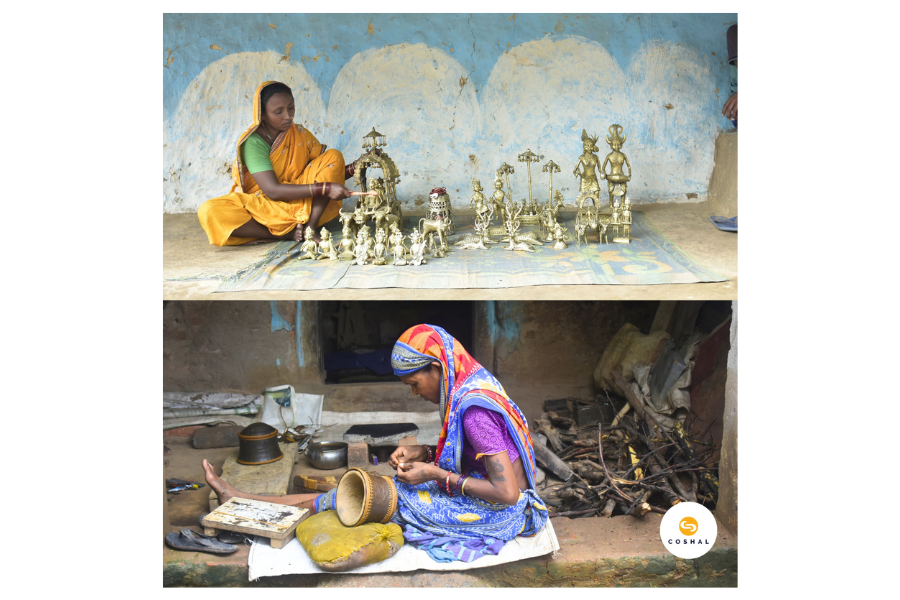
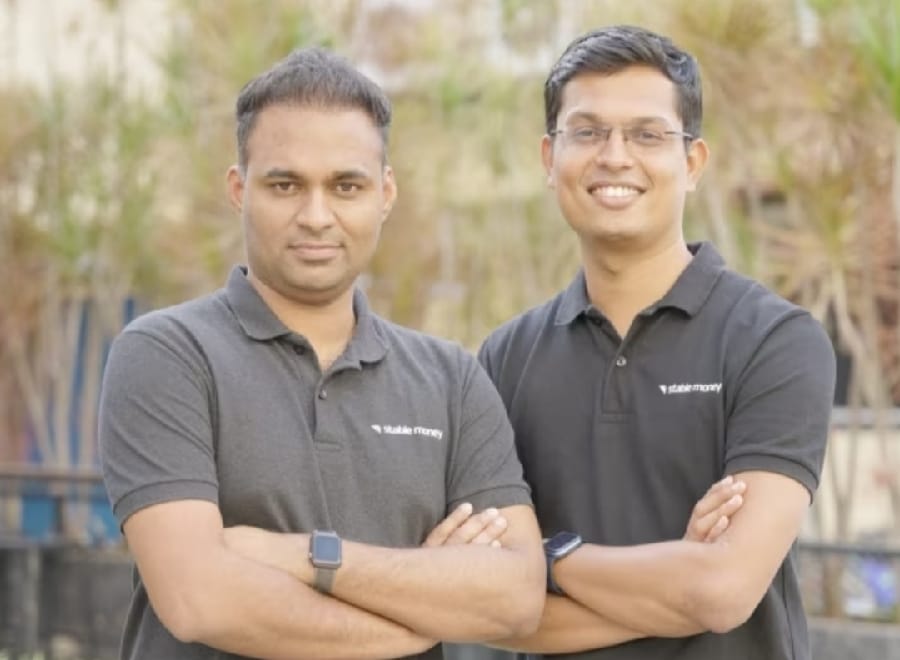




Posted By news desk


Posted By news desk


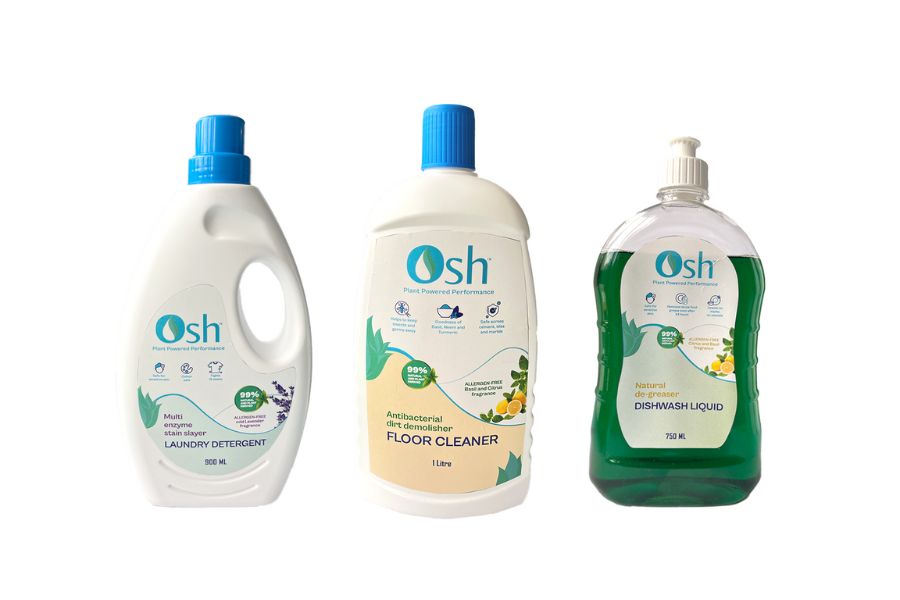
Posted By news desk



Posted By news desk

Posted By news desk

Posted By news desk










Posted By news desk


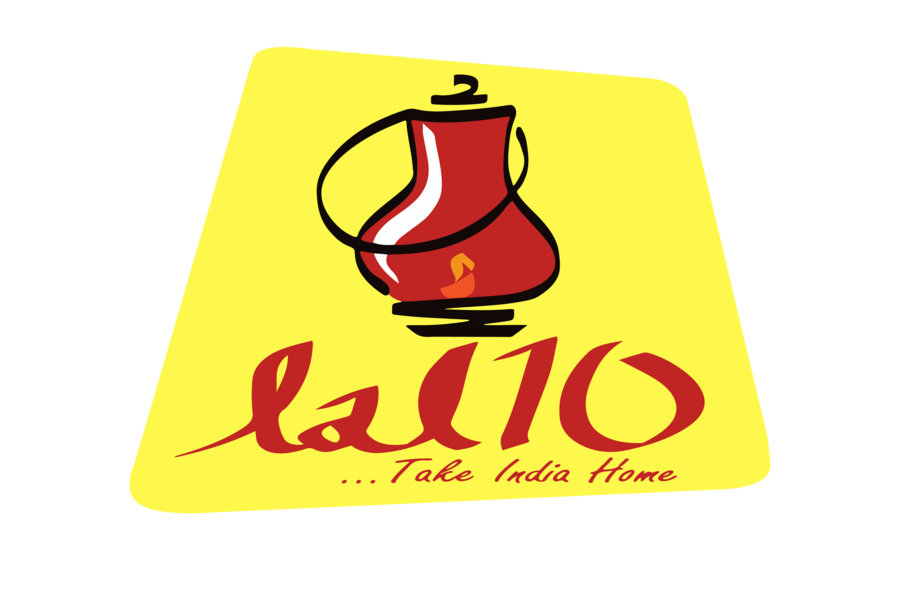

Posted By news desk

Posted By news desk







Posted By news desk
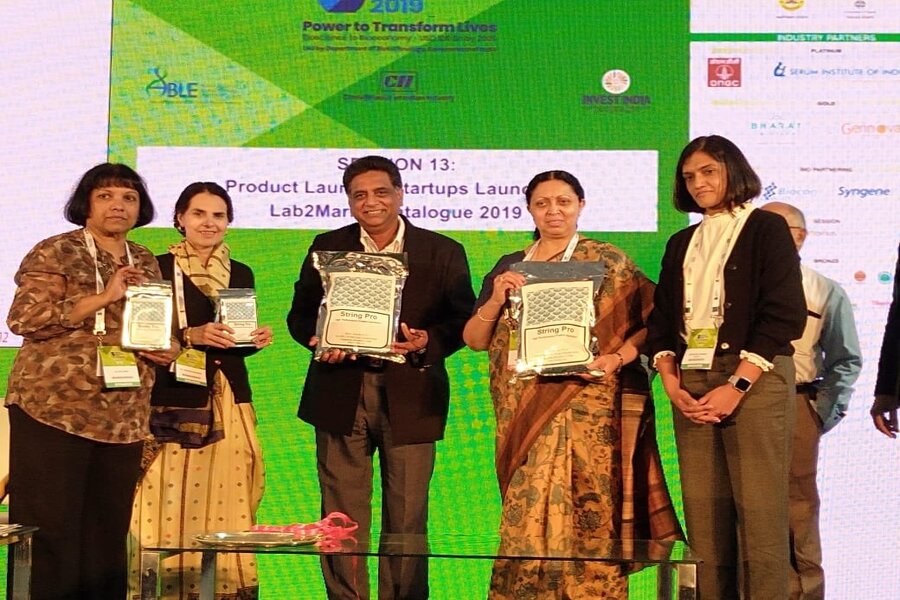



Posted By news desk


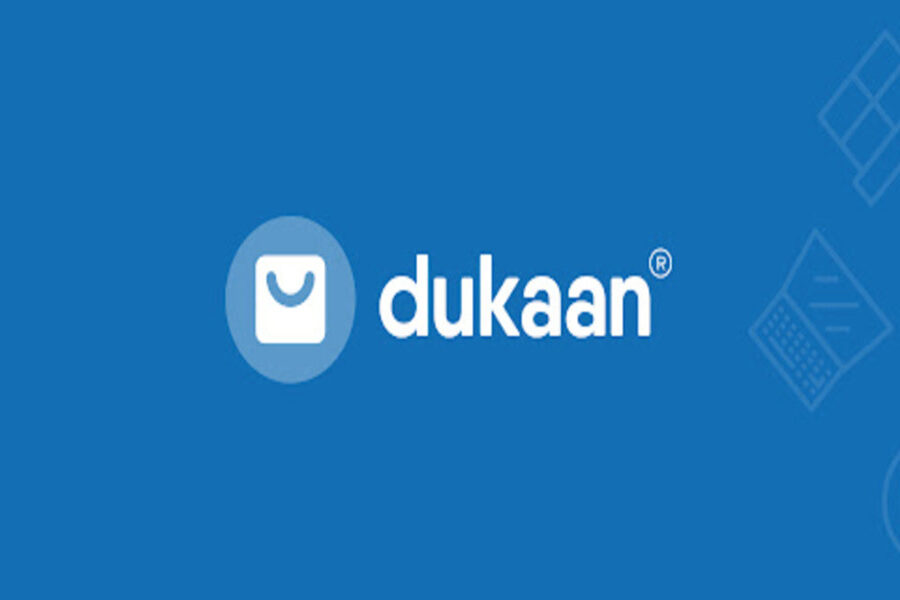










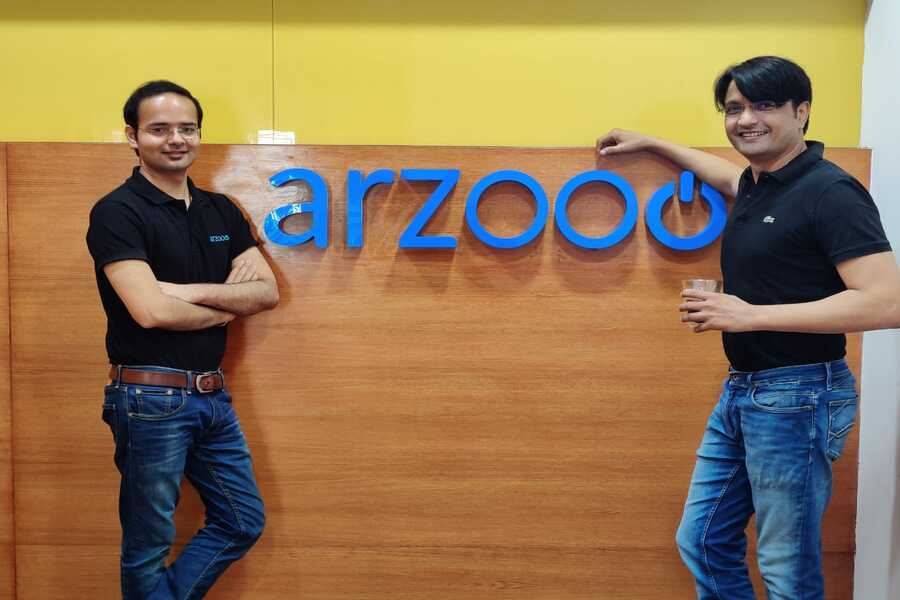




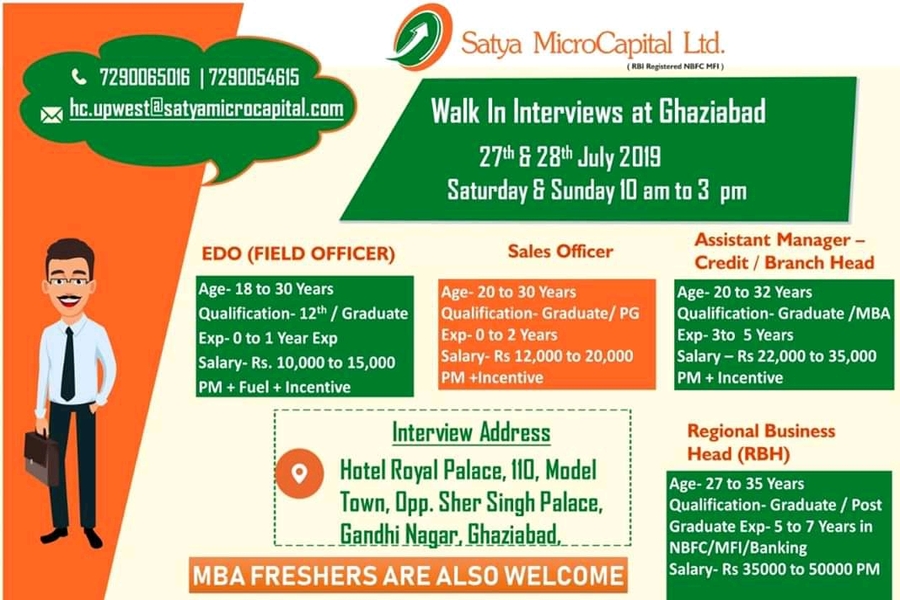



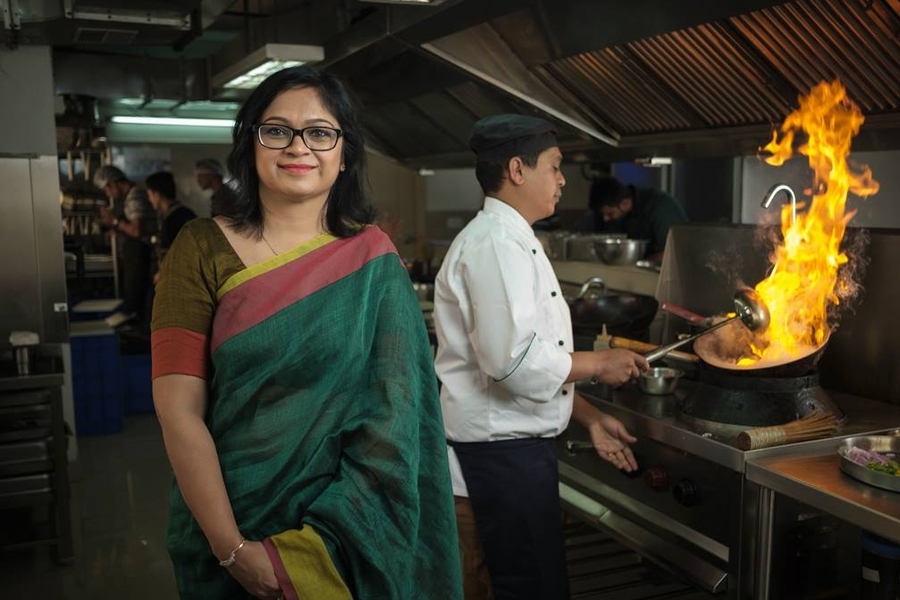














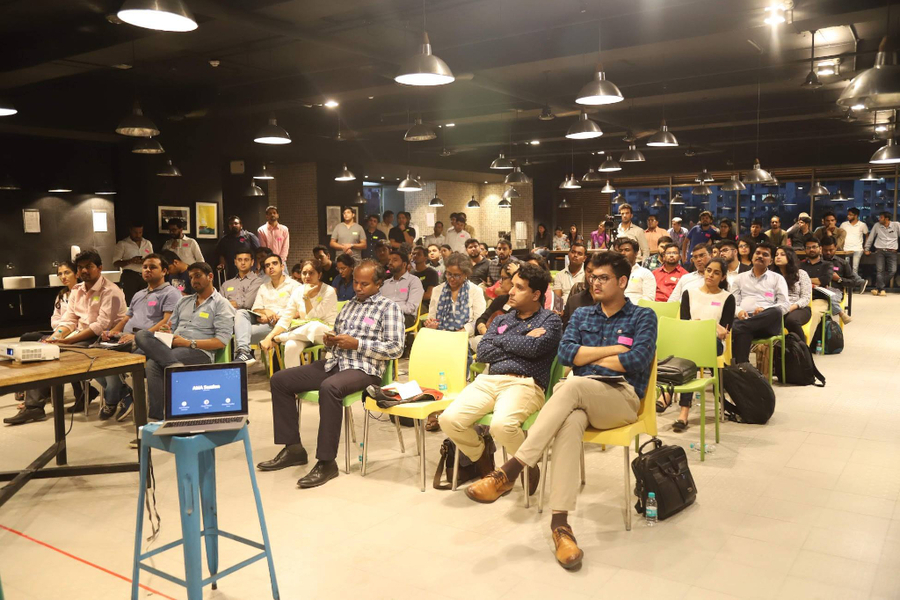


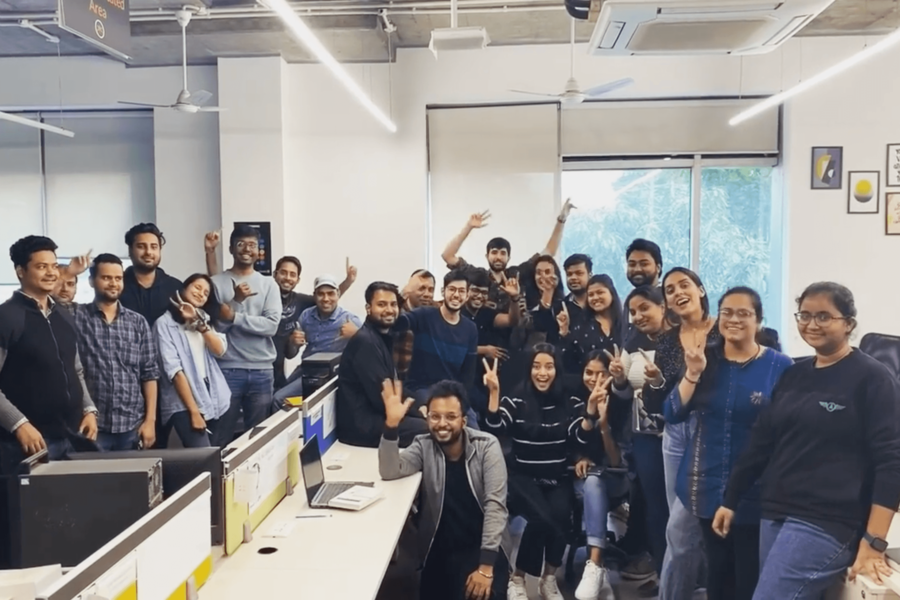











Posted By news desk

Posted By news desk

Posted By news desk

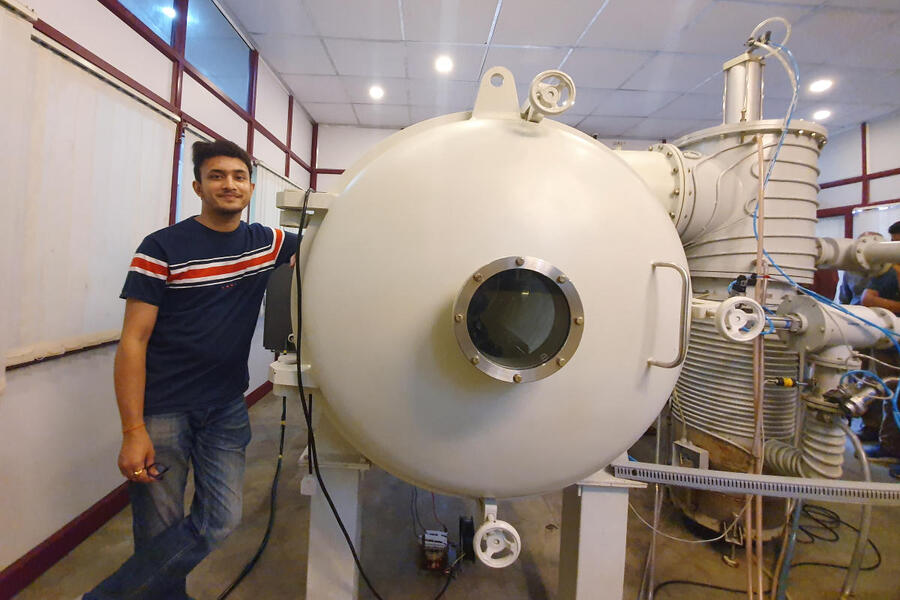





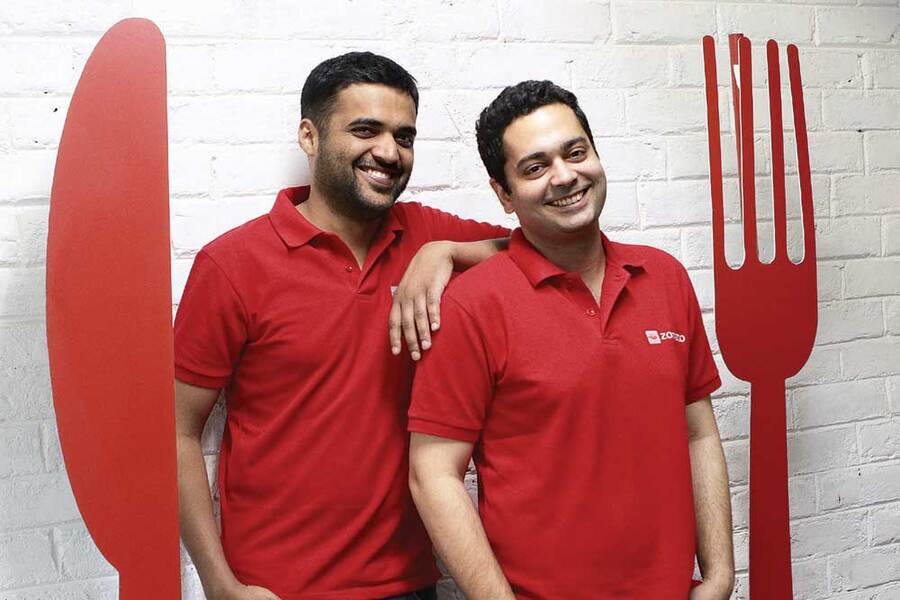

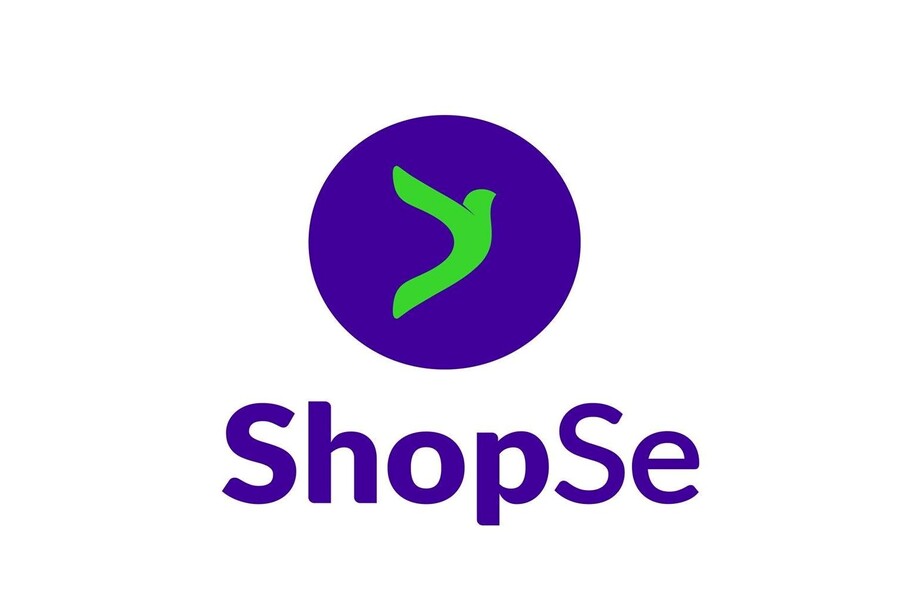




Posted By news desk

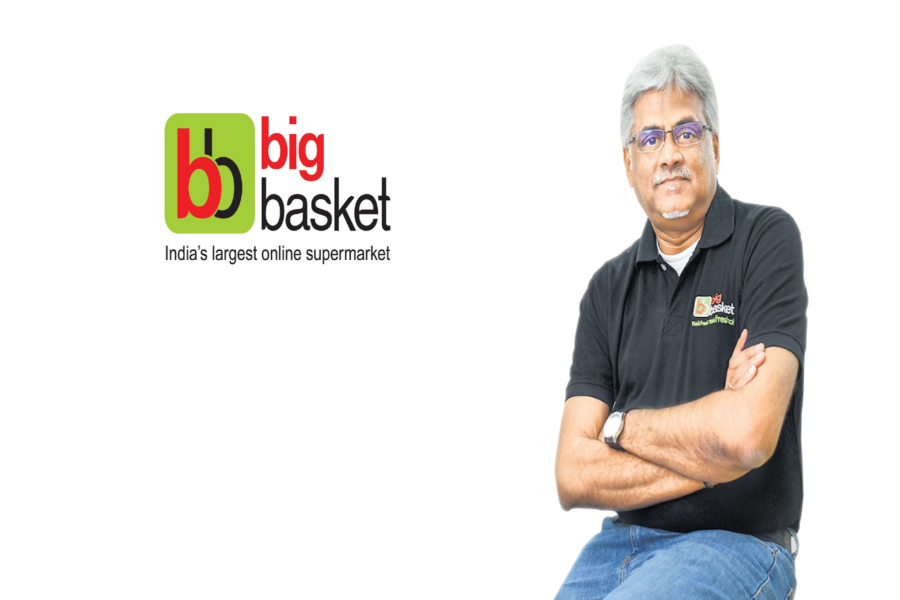



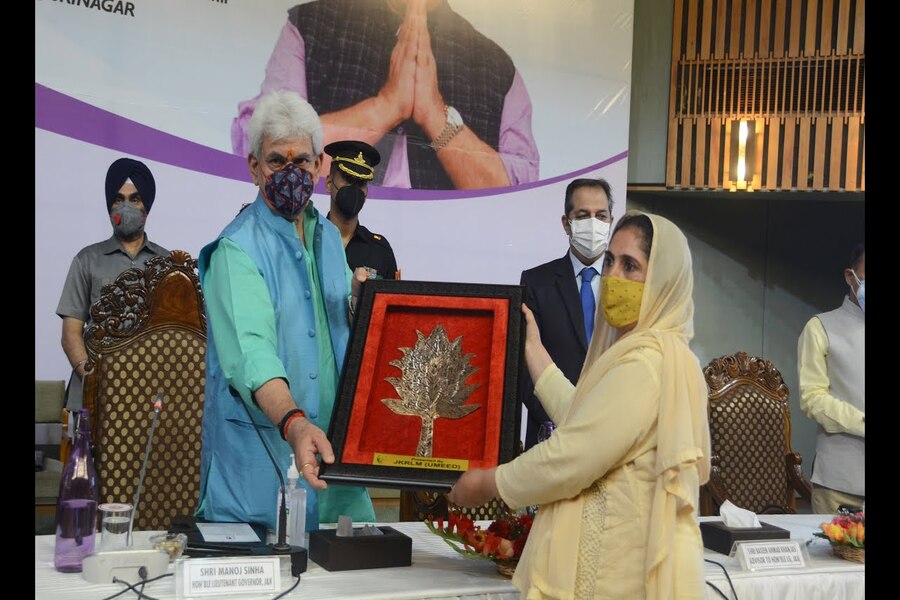

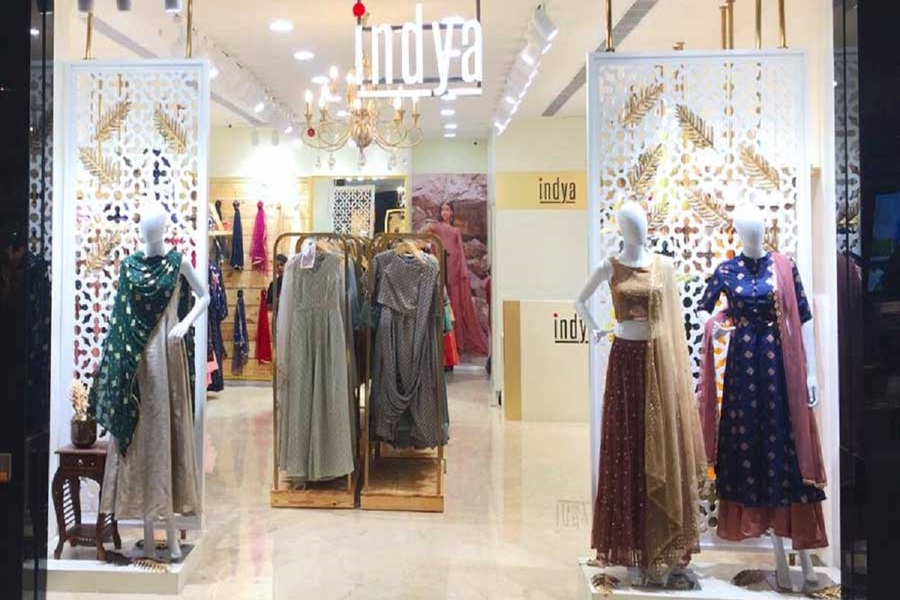




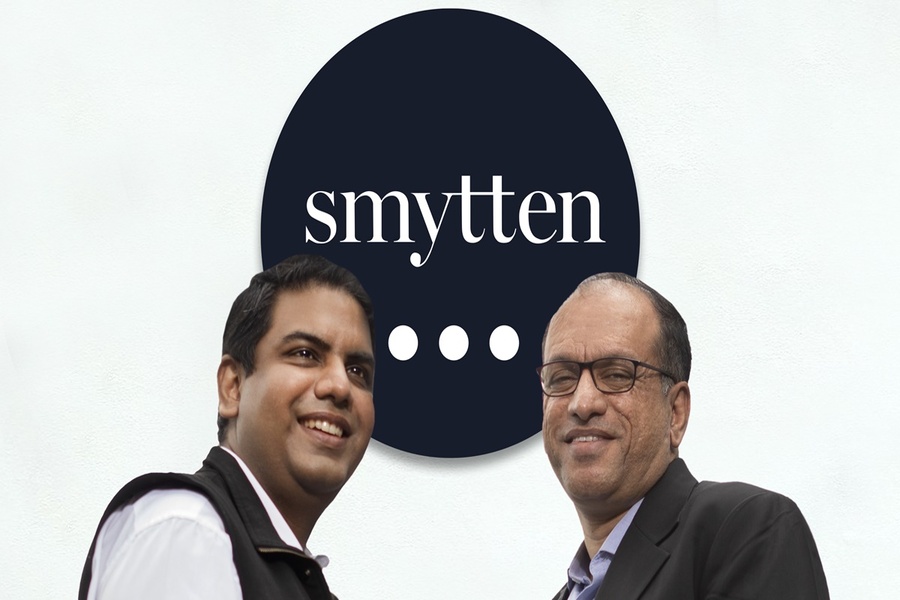



Posted By news desk
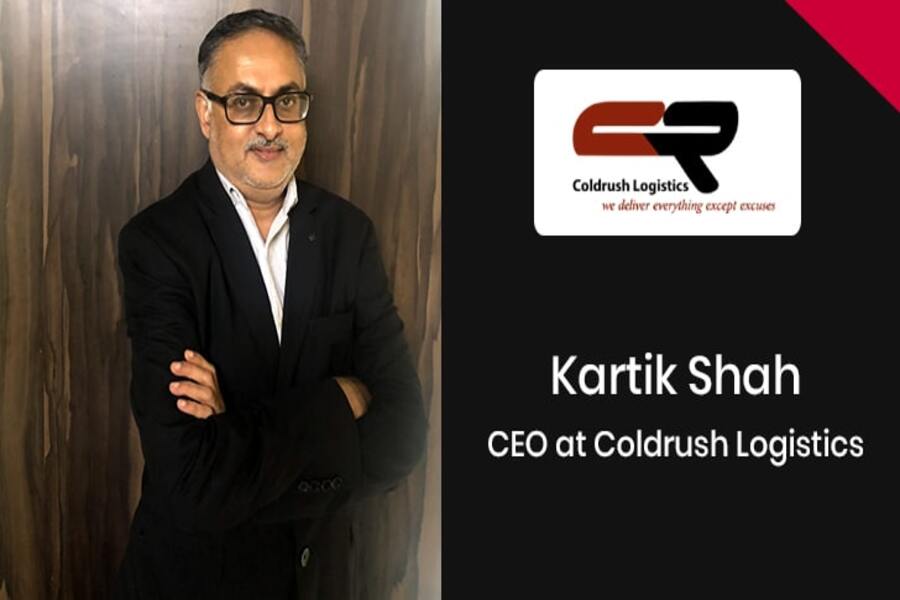

Posted By news desk

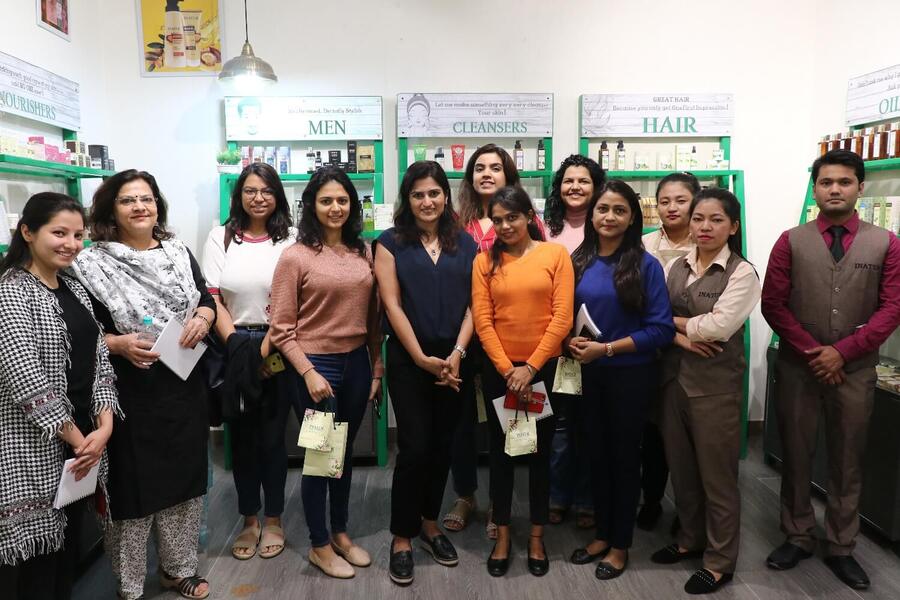




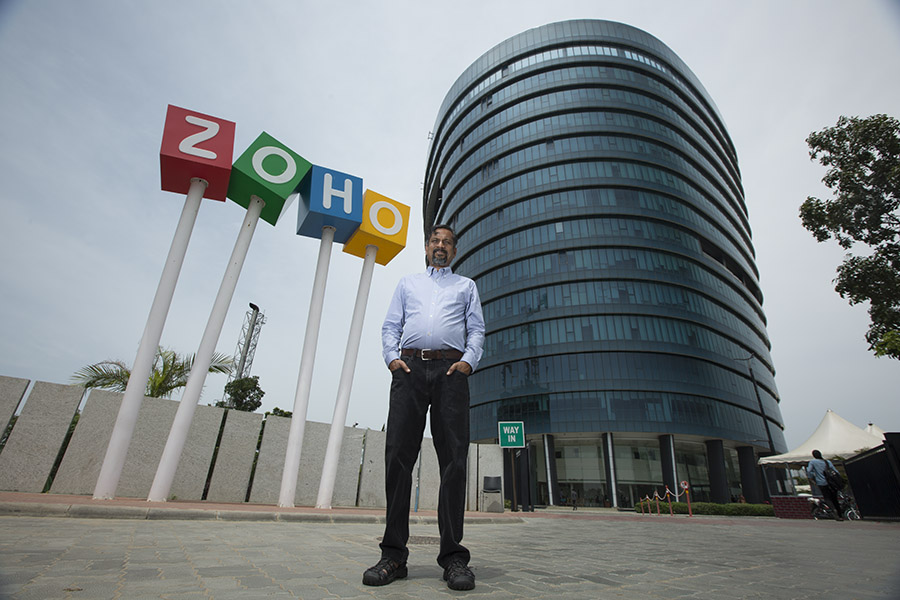





Posted By news desk





Posted By news desk



Posted By news desk

Posted By news desk

Posted By news desk

Posted By news desk
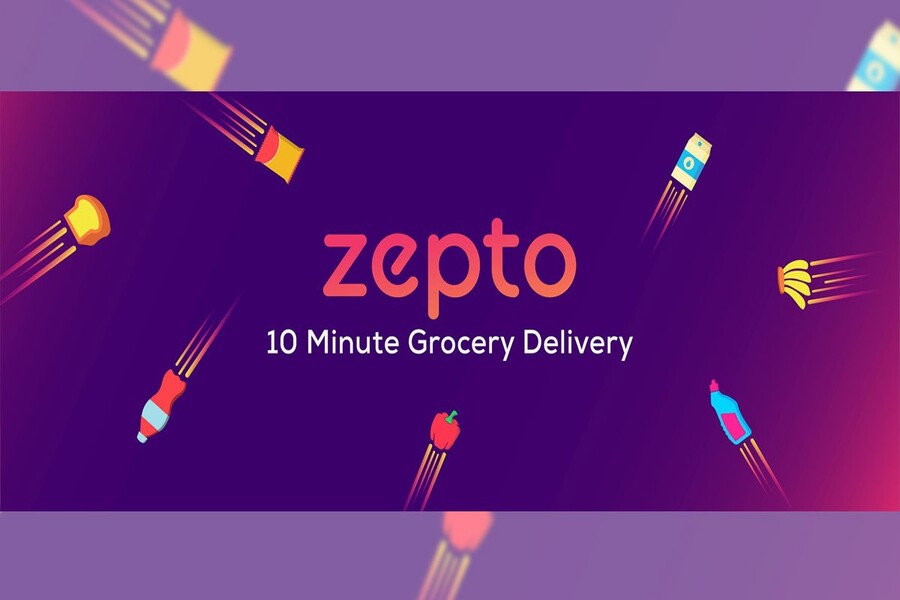



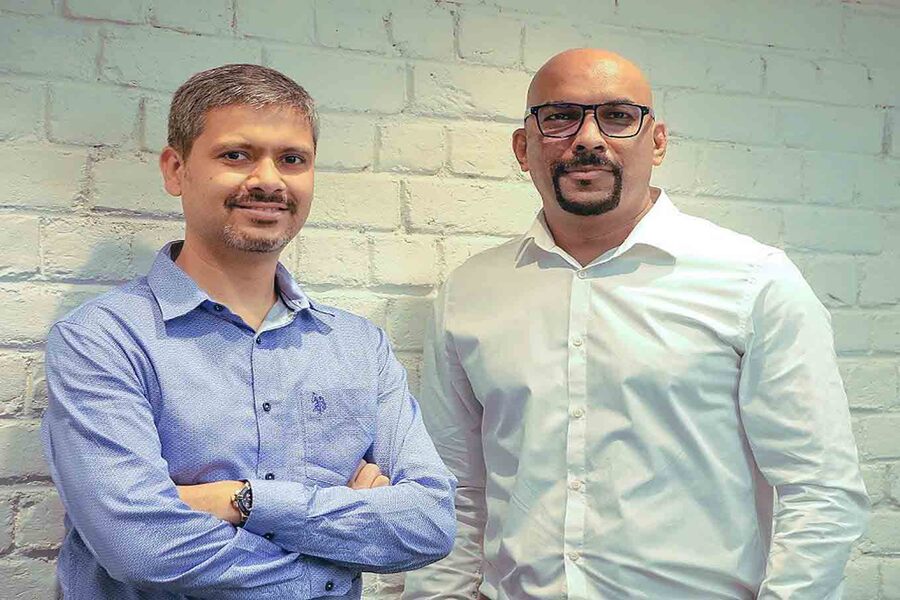


Posted By news desk

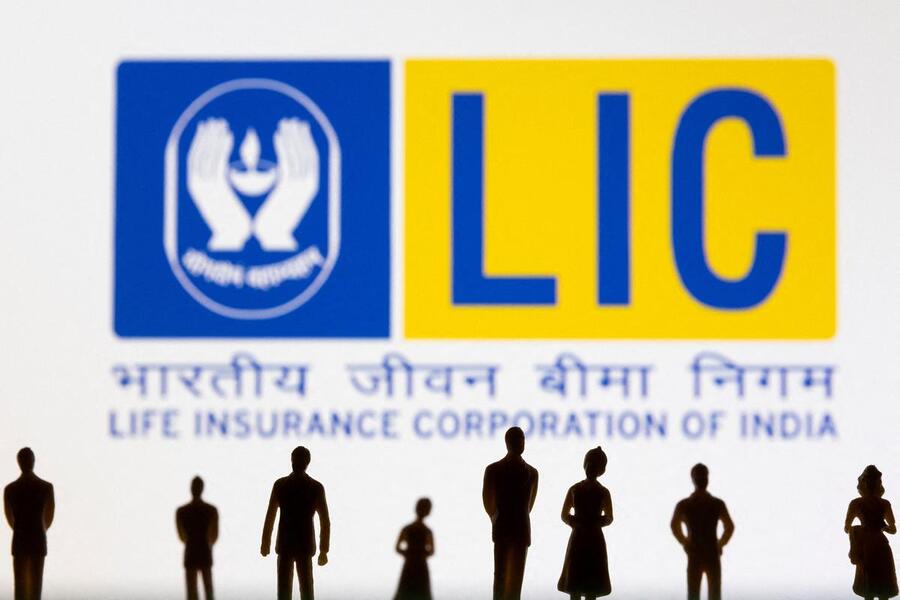

.jpg)
.png)


.jpg)

.jpg)
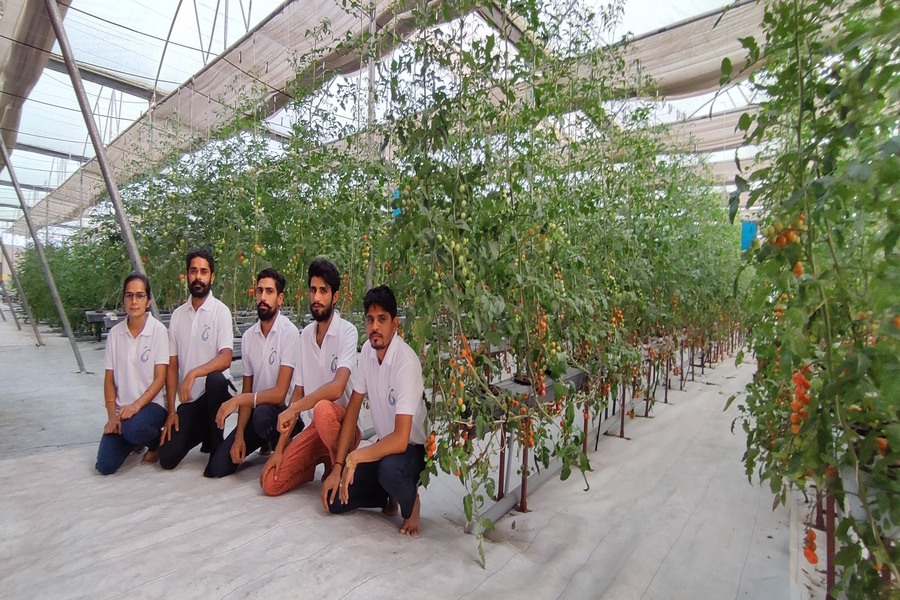

Posted By news desk


Posted By news desk

Posted By news desk

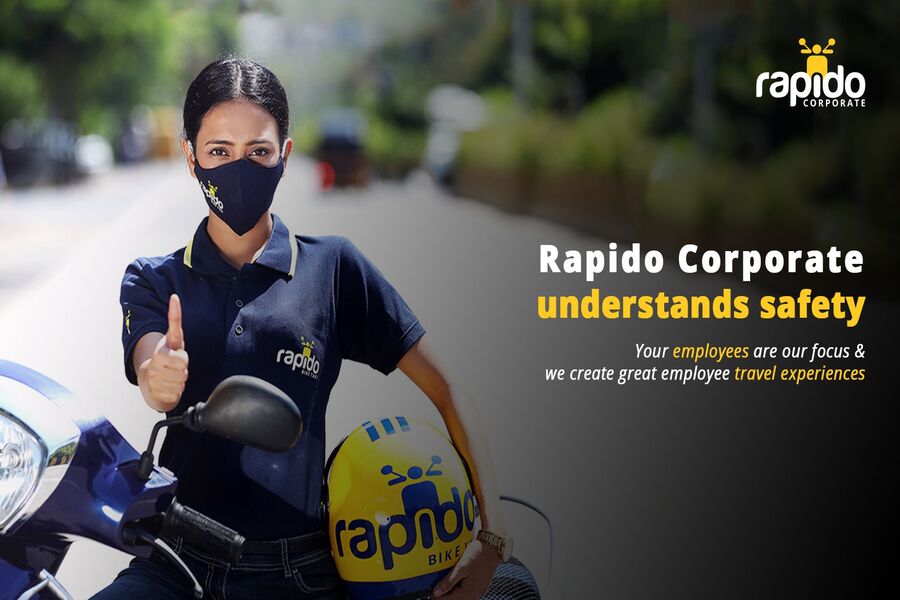
_(1).jpg)
.jpg)
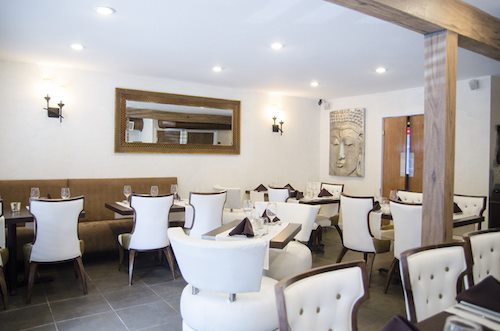
Posted By news desk


.jpg)
_(1).jpg)

Posted By news desk


.png)



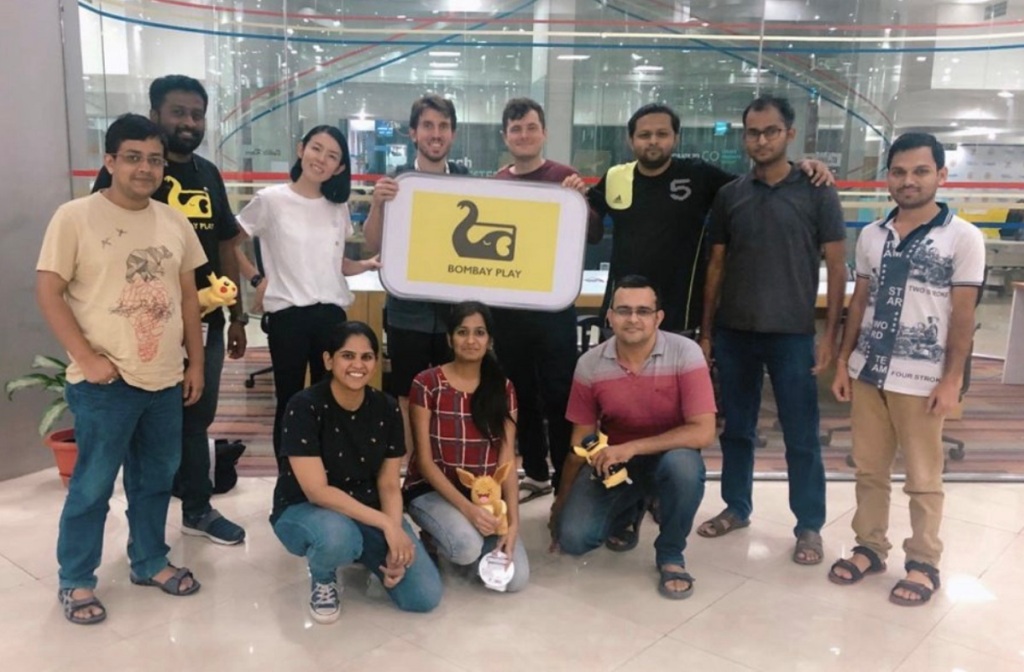


.jpg)



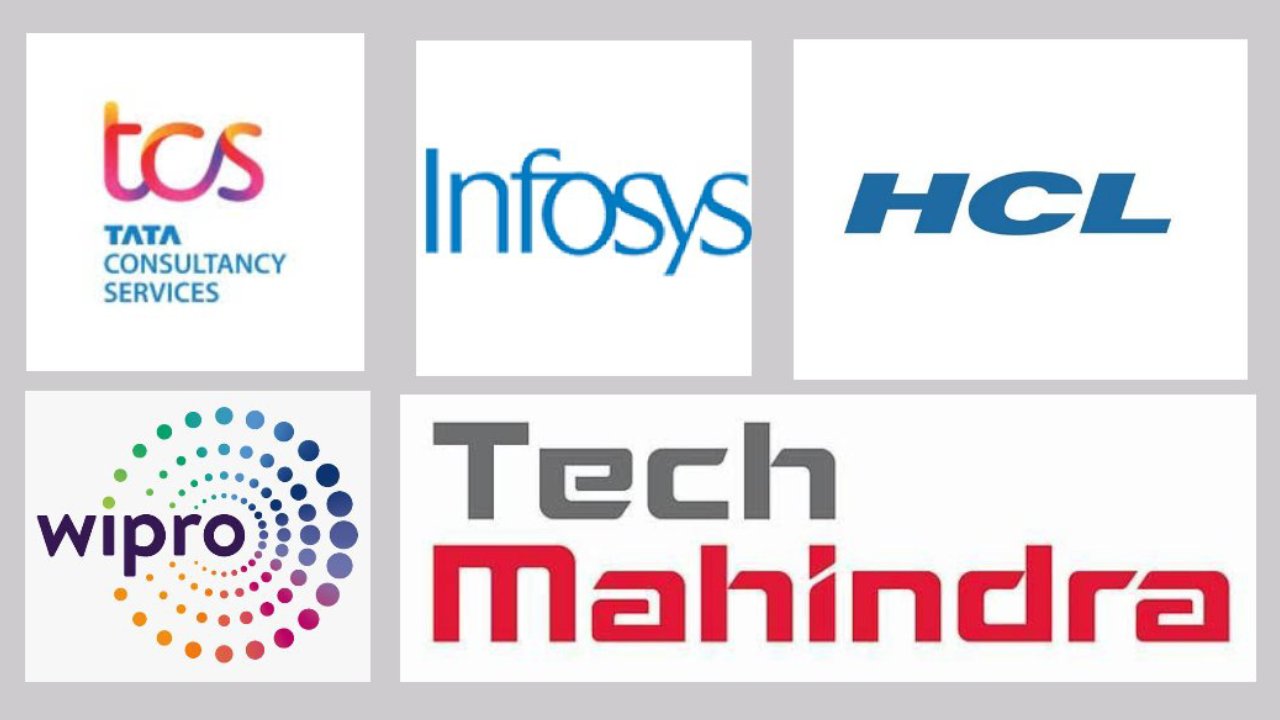



.jpg)
.jpg)
.jpg)

.jpeg)
_(1).jpg)
.jpg)
_(1).jpg)
Posted By news desk
1.jpg)
.jpg)
.jpg)

.png)

.png)
_(1).png)
.jpg)
.jpg)
.jpg)

.jpg)
.jpg)
Posted By news desk
.jpg)
Posted By news desk
_(1).png)
_(1).png)
_(1).jpg)
_(1).jpg)
.png)
_(1).jpg)
.jpg)

.jpg)
_(1).jpg)
.jpg)
_(1).jpg)
.jpg)
.jpg)
_(1).jpg)
.jpg)
.jpg)
.png)
_(1).jpg)
Posted By news desk
.png)
.jpg)
.jpg)
_(1).jpg)

.jpg)
.jpg)
.png)
.jpg)

.jpg)
.jpg)
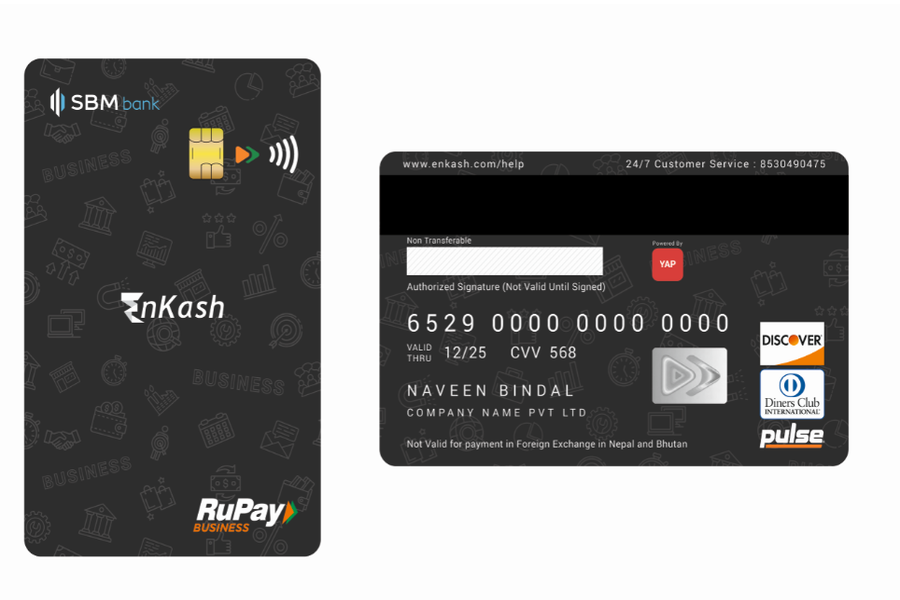
.jpeg)
.jpg)
.jpg)










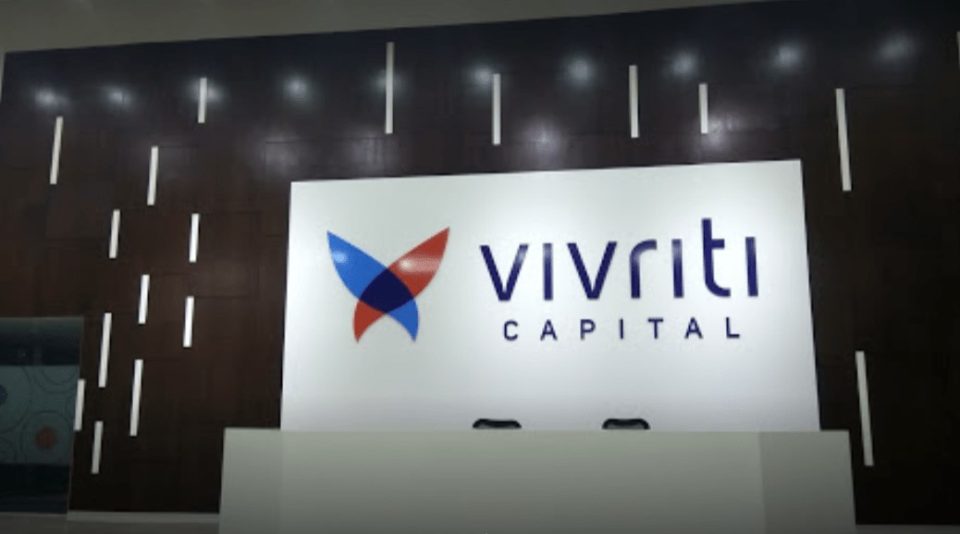






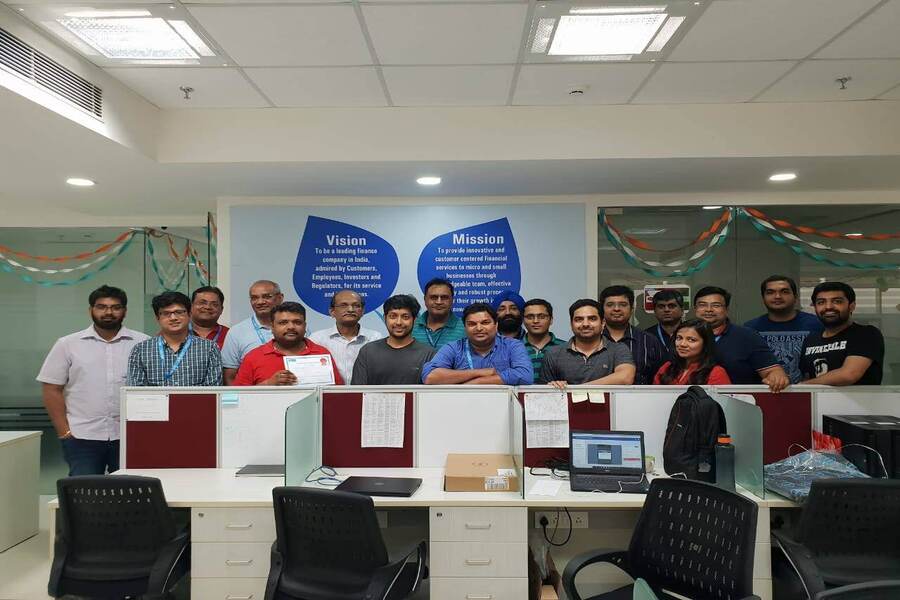
.png)

.jpg)

Posted By news desk
.jpeg)
.jpg)
.jpeg)
Posted By news desk
.jpeg)
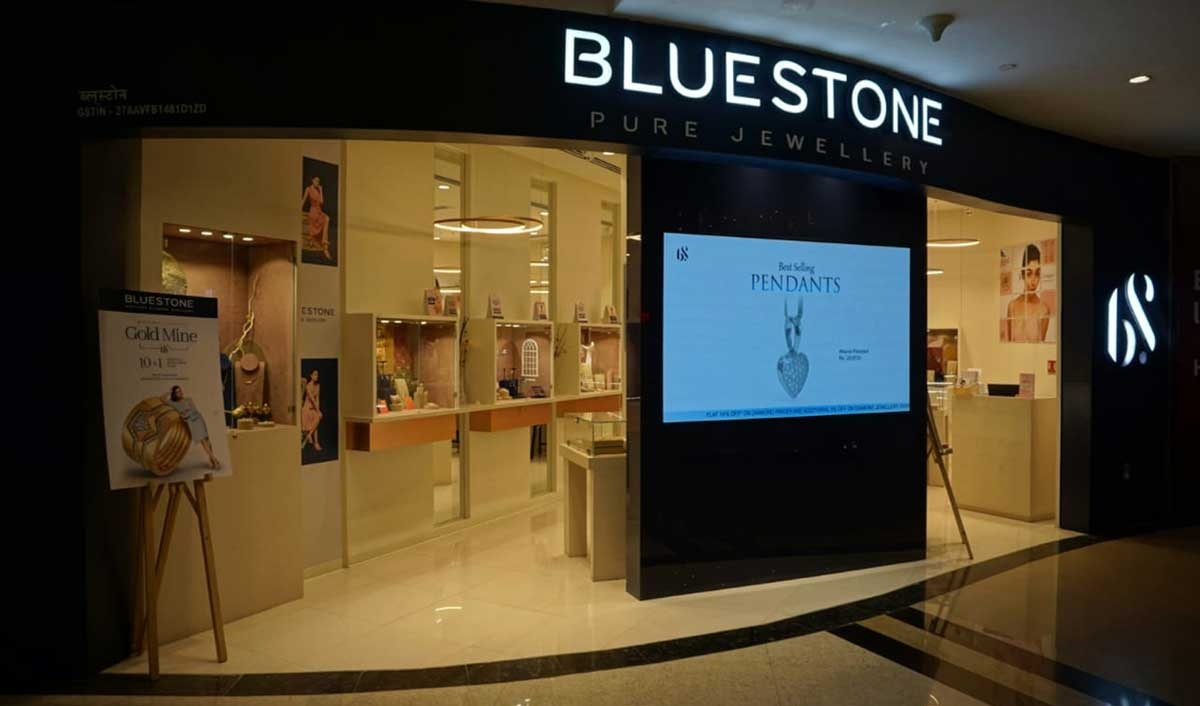

.png)


.png)
Posted By news desk
.jpg)
.jpg)
.jpg)
.png)
.jpg)


.jpg)

.jpg)
.png)
Posted By news desk
.jpg)
.jpg)
.jpg)
.png)
.jpg)
.jpg)
Posted By news desk
.jpg)


.jpg)
Posted By news desk
.jpg)
.png)
Posted By news desk
.jpg)
.png)
.jpg)
.jpg)
Posted By news desk
.jpg)
Posted By news desk
.jpg)
.jpg)
.jpg)
.jpg)

.jpg)

_(1).png)
.jpg)
Posted By news desk
_(1).jpg)
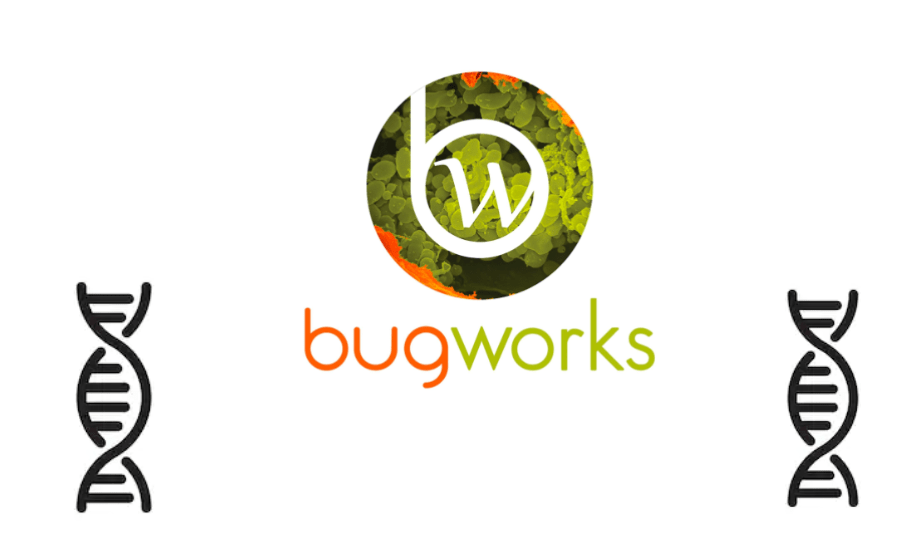
Posted By news desk

